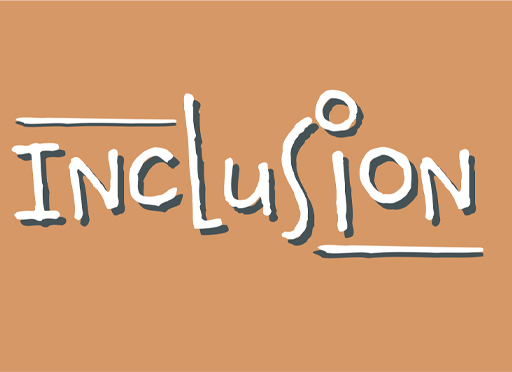1.4 Inclusion

Research has considered both the persistence of discriminatory practices in work in spite of decades of equality legislation and how and why EDI initiatives may fail in organisations (for instance, Colley et al., 2021; Dobbin and Kalev, 2016; Noon and Ogbonna, 2021).
Many organisations have policies and initiatives concerned with improving and supporting EDI and some, like public sector organisations, are required to do this. Organisations whose boards of directors and senior management teams comprise only people whose gender, economic status and ethnic group reflect a privileged elite within society are not representative of society broadly. They may not have experienced how work policies and regulations may affect a diverse staff and, in some cases, may oppose the inclusion of people on the board of directors who have an identity, experiences or needs different from their own.
Inclusion, while related to equality, equity and diversity, moves from a focus on who is present in an organisation to a focus on how and where they are involved and represented. At its most basic, an organisation may have equal proportions of men and women in its employ, but the organisation may be discriminating against women if they are disproportionately excluded from senior, decision-making roles. Inclusion means that everyone should be welcomed and valued in the organisation.
